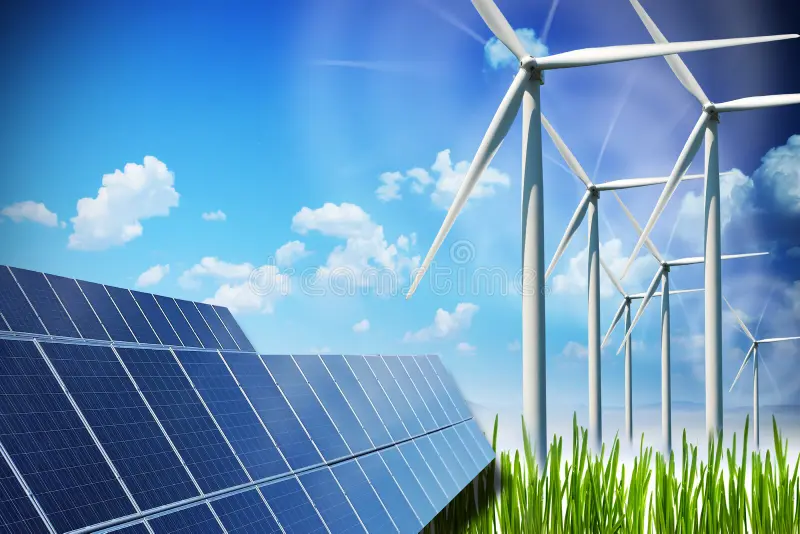
Renewable energy project development involves a comprehensive set of services aimed at successfully bringing renewable energy projects from conception to operation. Here’s an overview of the key services typically offered in this field:

Call Us: +923098773221
Email: support@yourdomain.tld
hello@yourdomain.tld